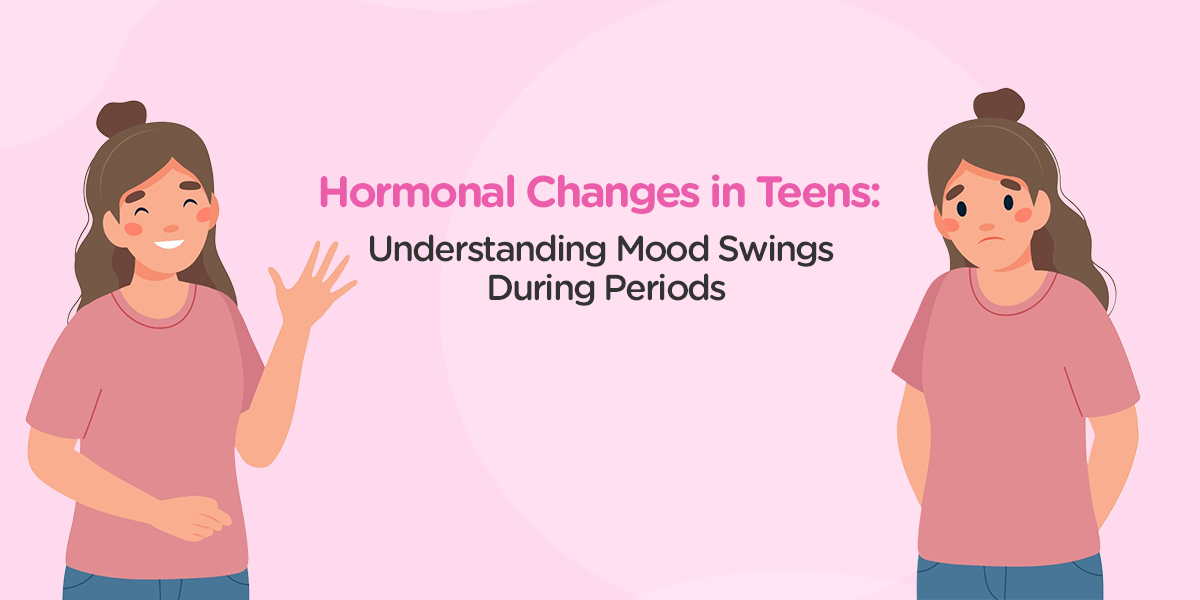As people age, their emotional and mental health needs often evolve. Life transitions such as retirement, loss of a spouse, declining physical health, or isolation can take a toll on mental well-being. While physical health is often the focus during the senior years, senior mental health counseling is just as vital. Fortunately, there are effective therapy options for seniors that can significantly improve emotional wellness and overall quality of life.
In this article, we’ll explore the value of mental health support for older adults, the common emotional challenges they face, the types of counseling available, and how to find the right therapeutic fit.
Why Emotional Wellness Matters in Older Adults
Emotional wellness isn’t just about avoiding mental illness—it’s about cultivating joy, resilience, and connection. Seniors who maintain strong emotional health tend to experience:
- Better physical health outcomes
- Lower rates of chronic illness
- Improved memory and cognitive performance
- Stronger relationships
- Higher overall life satisfaction
Mental health issues in seniors, however, are often underdiagnosed. This happens for many reasons: stigma around seeking help, misattributing symptoms to aging, or lack of awareness of the resources available. This is where senior mental health counseling plays a transformative role.
Common Emotional and Mental Health Challenges Among Seniors
Before diving into the solutions, it’s helpful to understand the emotional struggles many older adults face. These include:
1. Depression and Anxiety
Chronic sadness, fatigue, and loss of interest in activities can signal depression. Worry, irritability, and sleep disturbances often point to anxiety. Both can be managed effectively with therapy.
2. Grief and Loss
The passing of loved ones, pets, or even the loss of independence can lead to profound grief that impacts mental wellness.
3. Loneliness and Isolation
Many seniors live alone or are far from family. Without social interaction, feelings of disconnection can set in, negatively affecting both mind and body.
4. Cognitive Decline
Early stages of Alzheimer’s or dementia can bring emotional distress and confusion, requiring tailored mental health support.
These emotional concerns are not inevitable parts of aging. With the right support and therapy options for seniors, many of these issues can be treated or managed effectively.
What Is Senior Mental Health Counseling?
Senior mental health counseling is therapy specifically designed to address the unique emotional, cognitive, and social challenges older adults face. Therapists who specialize in geriatric care understand the interplay between aging, mental health, and physical limitations.
This form of counseling often focuses on:
- Grief and loss
- Life transitions
- Relationship dynamics
- Coping with illness or pain
- Building resilience and self-worth
Counselors may use a mix of therapeutic techniques such as cognitive-behavioral therapy (CBT), mindfulness practices, life review therapy, and supportive talk therapy.
Exploring Therapy Options for Seniors
There are multiple therapy options for seniors, each offering different benefits depending on the individual’s needs, personality, and comfort level.
1. Individual Therapy
One-on-one sessions with a licensed therapist offer privacy and personalized support. This is ideal for seniors dealing with depression, anxiety, or personal trauma.
2. Group Therapy
This setting allows seniors to share experiences with peers facing similar challenges. Group therapy fosters connection, reduces loneliness, and builds community.
3. Family Counseling
Sometimes the best therapy includes loved ones. Family counseling helps resolve intergenerational conflict, improve communication, and ease caregiving stress.
4. Teletherapy
Virtual therapy is increasingly popular among seniors who are homebound or prefer the convenience of online appointments. It brings mental health support to those who might otherwise go without.
5. Therapeutic Activities
Art therapy, music therapy, and even pet therapy are creative ways to engage emotions and support healing, especially for seniors with dementia or communication difficulties.
These diverse therapy options for seniors make it easier to find a format that feels comfortable and accessible.
How Counseling Benefits Senior Emotional Health
Seniors who engage in counseling often report:
- Better mood and outlook on life
- Stronger sense of purpose
- Greater resilience during difficult times
- Decreased feelings of loneliness
- Enhanced self-esteem
When emotional needs are met, seniors are more likely to stay engaged in their communities, maintain social connections, and pursue meaningful activities.
Addressing Barriers to Access
Despite the clear benefits, many seniors don’t receive the counseling they need. Barriers can include:
- Stigma surrounding mental health care
- Limited mobility or transportation
- Financial concerns
- Lack of awareness about available services
Family members and caregivers play a vital role in recognizing these barriers and advocating for mental health support. Encouraging open conversations and normalizing therapy as part of overall wellness is key.
Finding the Right Counseling Services
To find suitable senior mental health counseling, consider the following:
- Credentials and Experience: Look for licensed therapists with experience in geriatric care.
- Approach: Choose a therapist whose method resonates with the senior’s personality and comfort level.
- Accessibility: Find services that are physically or virtually accessible.
- Insurance and Medicare: Many therapy options are covered under Medicare or supplemental insurance plans. It’s worth checking what’s included.
Community senior centers, local mental health clinics, and online directories like Psychology Today or the American Psychological Association are great starting points.
Integrating Mental Health with Physical Health
One of the best ways to promote emotional wellness is to treat it as part of overall health. This includes:
- Regular physical activity
- Proper nutrition
- Social engagement
- Cognitive stimulation
- Routine medical care
When combined with counseling and therapy, this holistic approach creates a powerful foundation for aging well.
Final Thoughts
Mental health is not a luxury—it’s a necessity, especially in later life. With the growing number of therapy options for seniors, there’s never been a better time to seek emotional support. Senior mental health counseling is a compassionate and proven way to help older adults lead more fulfilling, connected, and emotionally balanced lives.
If you or a loved one is navigating emotional struggles, remember: support is available, healing is possible, and wellness is within reach at any age.













